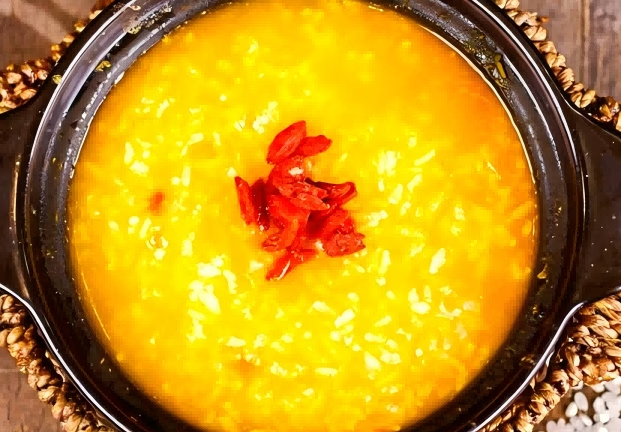Pumpkin has the highest beta-carotene content of any melon! See its nutritional profile and health benefits.
Pumpkin is rich in various nutrients, including vitamin C, vitamin E, and phytochemicals. Consuming it helps boost immunity. Furthermore, pumpkin can be grown year-round, making it a highly nutritious local ingredient!
Pumpkin is also rich in beta-carotene, which can improve eyesight.
Different varieties of pumpkin have slightly different characteristics. For example, Japanese pumpkin has a coarser texture, making it more suitable for dishes like fried rice noodles and pumpkin porridge.
Western pumpkin (also known as Indian pumpkin) has a softer texture, making it ideal for recipes like pumpkin soup and pumpkin pie.
Pumpkin is not only firm and durable, but also a nutritious whole grain and unrefined cereal.
Pumpkin boasts the highest beta-carotene content among all melons. Beta-carotene is essential for maintaining normal vision. It also helps maintain healthy skin and mucous membranes.
Although pumpkin is high in dietary fiber, it’s important to be mindful of intake.
Although pumpkin contains more fiber than white rice, it’s important to avoid excessive consumption. Consuming 5-6 small pieces of pumpkin (about 85 grams) provides about the same calories as a quarter bowl of white rice. However, it contains over ten times the dietary fiber of white rice.
This means pumpkin not only promotes bowel movements but also helps increase satiety. Pumpkin is also rich in vitamins C and E, both of which have antioxidant and immune-boosting properties.


Leave a Reply